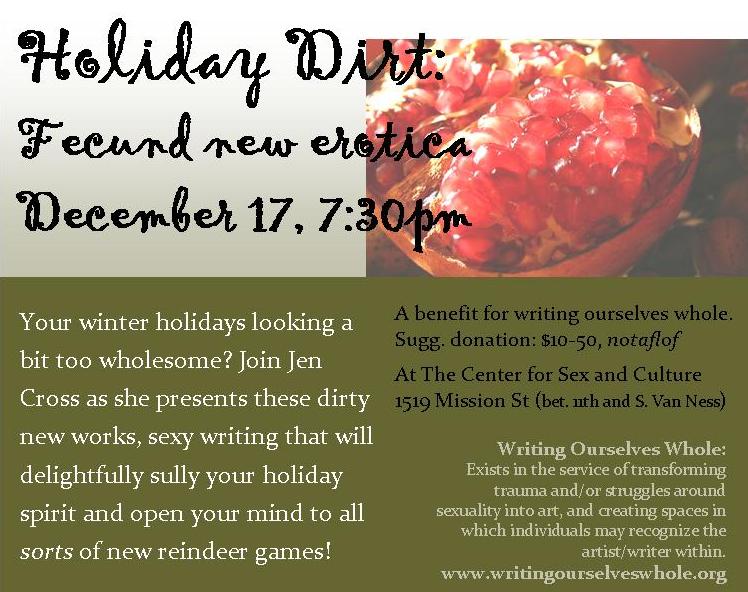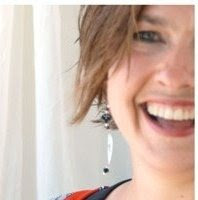Last Monday I committed to posting longer, more well-thought-out answers to the questions that Britt Bravo posed to me during our
Arts and Healing Network podcast conversation a couple weeks ago. Welcome to day three!
3. Do you believe art can heal? Why?(Whew -- this is a big one!)

Yes, I absolutely believe art can heal. Why? Because it has done so for me, and I watch it work for others.
Let’s start with definitions, because I’m so fond of them.
Heal: My dictionary says it means, first, “to make a person or injury healthy and whole.” A later definition in the list is “to repair or rectify something that causes discord and animosity.”
(and what about a definition of art. Can we look ‘art’ up in the dictionary and trust what the book says? Aren’t there whole branches of study devoted to defining art? Let’s try tt anyway. My dictionary first defines ‘art’ as ‘the creation of beautiful or thought-provoking works, for example, in painting, music, or writing; beautiful or thought-provoking works produced through creative activity.’ Granted, to truly understand this definition, we’d have to come to an agreement as to what ‘beautiful’ means. But let’s hold off on that and know that we each have our own sense of that part. A later, and interesting, part of the definition is ‘creation by human endeavor rather than by nature.’)

See Pennebaker’s studies of college students at the University of Texas at Houston, who go to the health clinic less frequently after they write expressively about traumatic or difficult experiences. See Julia Cameron’s The Artist’s Way, encouraging a “recovery” of and through creative expression. See even Live Through This, a collection of essays by artists who’ve battled self-destructive urges using creativity and artistic expression.
Trying to say why I think art heals is similar to the struggle folks have had defining art at all – I don’t know exactly why it works, I just know that it does.
The creation of art enacts release, transformation. The exposure to art proposes different ways of thinking, feeling, being in the room/world.
Art makes (a) way. Art is what’s possible, you know? Someone, a brave and engaged poet, said in one of my writing workshops recently, “You can say things n poems you don’t really say in casual conversation.” Music brings a whole new emotional strata to words, story, poetry – or allows the listener an evocative aural experience that’s other than language. Visual art allows for expression of emotion, idea, truth, possibility that’s outside the linguistic realm. We need to get away from words sometimes. Dance, movement, drama: these arts reintroduce us to our/the body…
And so what does it mean to heal? Not to be bleeding. To have the wound grown over, physically mended.

Seeing/hearing/experiencing artistic expression (poetry, jazz, painting, photography, short stories, dance) often brings up in me the sense that I am not alone, that I am connected to the creator of that work as well as just simply connected to a wider universe outside of myself. The sense that maybe I can be understood, that there are others who “get it.” (as when I read Dorothy Allison’s Bastard Out of Carolina – a healing experience for me as a writer and as a survivor).
Why do I believe art can heal? Because I myself am still alive and functioning – I chalk that completely up to writing. (I’ll say more about this on Friday!)
It is my experience that we heal when we transform a wound/-ing—either physically, through the body’s regenerative capacity, or psychologically, though an alteration in our understanding of an experience, our ability to express it fully (if not concretely), our sense of being heard and understood. All of these contribute to/manifest healing.
Specifically as it relates to writing, I believe that creative writing and freewriting gives all of us access to a new relationship to ourselves through an alteration of our access to language! Artistic creativity can break us out of commonly-used metaphors, the straight-laced language of many workplaces, the saccharine possibilities offered by Hallmark and TV after-school specials. Breaking away from the rules of grammar and sentence structure can leave us feeling a little bit wild and wrong, outside of school, outside of what’s “right.”
This is something I wrote six years ago, in
an essay about the uses of metaphor as an erotic, artistic and embodied reconnection with self, for sexual trauma survivors:
“This is about my stepping back into language by swimming away from the abuser’s so-called “logical” sense. This is about a writer whose words fell out of her mouth one at a time, just one at a time, until she thought she had none left. She turned to find them and was met with the blank bright face of silence. Powerful, uncommon metaphor requires attentiveness, a willingness to play, a willingness to risk: all things that those in power seem to wish to squelch in we who are the victims of their abuses. Metaphor can collude with silence, in its occlusion of some aspect of a concept or entity, but it can also be the opposite of silence: speaking truth to power in a fresh and erotic way, which power cannot help but attend to, if even for the instant of metaphorical resolution. And an instant’s all it takes to change the world and ourselves.”

When finding a way to express difficult or marginally-socially-acceptable things (such as sexual trauma or sexual longing), art (its creation and its very existence!) heals in that it provides outlet and inlet, deep risk and safety, camouflage and exposure: it is large, contradicts, contains multitudes, just like us, as
Whitman urges & reminds us always.
So? What do you think? Do you agree that art can heal? Why … or why not?
Labels: art for healing, Arts and Healing Network, creativity, e, expressive arts, writing process

 Yes, I absolutely believe art can heal. Why? Because it has done so for me, and I watch it work for others.
Yes, I absolutely believe art can heal. Why? Because it has done so for me, and I watch it work for others.

 When finding a way to express difficult or marginally-socially-acceptable things (such as sexual trauma or sexual longing), art (its creation and its very existence!) heals in that it provides outlet and inlet, deep risk and safety, camouflage and exposure: it is large, contradicts, contains multitudes, just like us, as
When finding a way to express difficult or marginally-socially-acceptable things (such as sexual trauma or sexual longing), art (its creation and its very existence!) heals in that it provides outlet and inlet, deep risk and safety, camouflage and exposure: it is large, contradicts, contains multitudes, just like us, as 

